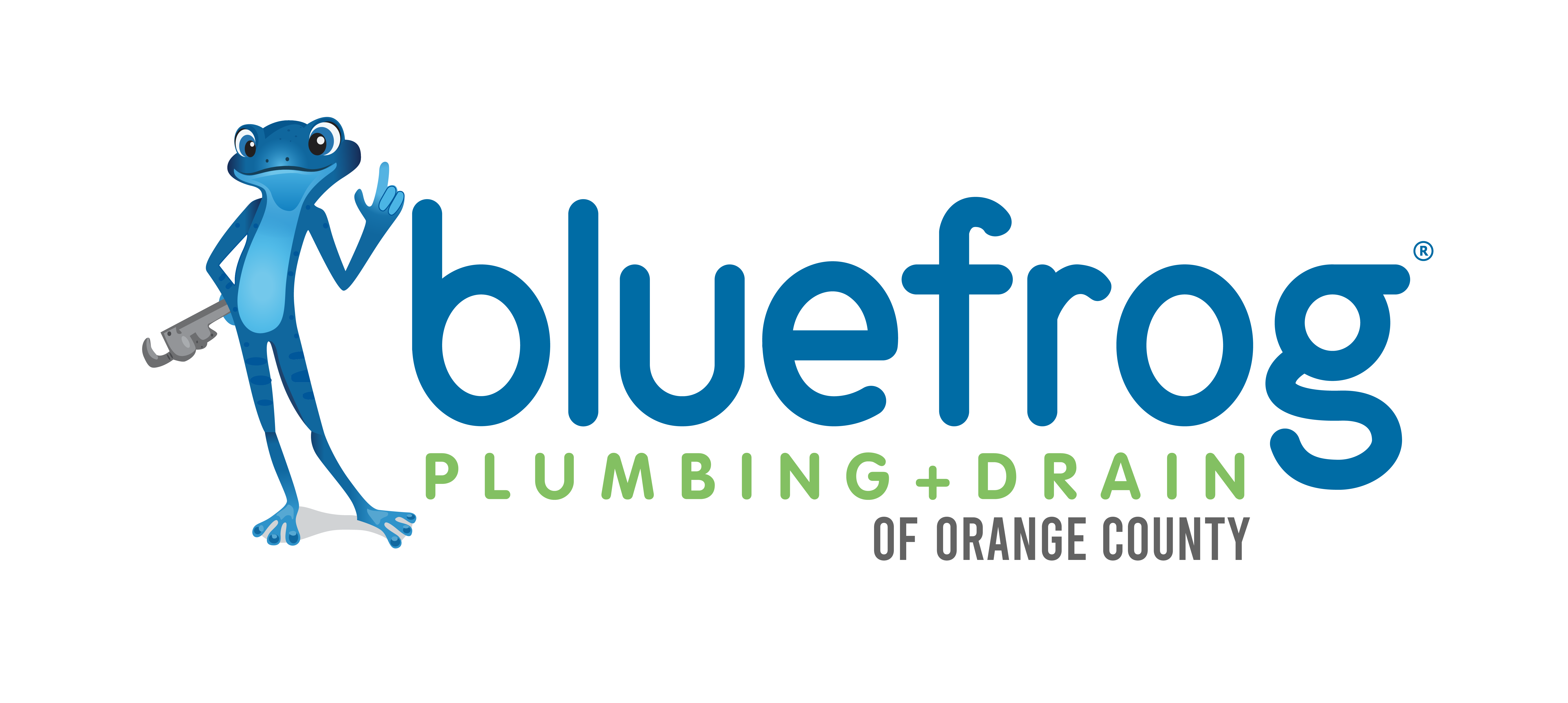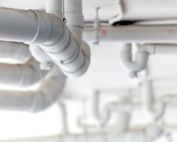Many plumbing problems are easily detectable by homeowners and some are difficult to see. Becoming educated about possible problems, especially the not-so-obvious ones, will give the homeowner an advantage and may save them costly repairs. Slab leaks fall into the category of difficult plumbing problems. This article will provide useful information on what slab leaks are, their causes, how to identify them, and some corrective measures homeowners can implement.
What Is A Slab?
When a home is being constructed the first step is laying a foundation upon which to build the house. Common foundations are basements and crawl spaces and sometimes the foundation is simply a gravel base or soil. When it is soil or gravel concrete is poured over the base to create a solid slab upon which to attach the house. Over time, and for various reasons, the home’s plumbing can become compromised which may lead to leaking pipes. When the leak forms under the slab it is very difficult to detect.
Causes of Slab Leaks
Shifting of the soil under the slab is a common cause of pipes cracking and leaking. This shifting is prevalent in areas where the soil is heavy with clay. Clay expands when wet and contracts when it dries out causing movement and undue pressure on the foundation.
Another cause of slab leaks occurs when pipes come into contact with the soil. The soil contains metallic particles which, over time, eat holes in the pipes causing them to leak.
When water flows through pipes in your home a vibration is created. If the vibrating pipes are in contact with gravel, metal, or any hard surface it will cause a wearing down of the pipe at the contact location. This is known as an abrasion and can lead to leaking pipes.
Slab Symptoms
There are several ways homeowners can detect possible slab leaks.
Seeing a domed area on the floor may indicate a slab leak so any irregularities should be investigated. The same is true when hearing running water and one is unable to assign an obvious source. Excessive heat on the floor is another indicator that a slab leak is present from a broken hot water pipe. Slab leaks will also cause water to collect around the base of the house so, if puddles are forming, a professional may be needed. Mold growth is another sign that unwanted water is present and mold carries significant health issues. A common indicator is excessively high energy bills from water running continuously.
Detecting and Repairing Slab Leaks
Thanks to modern technology advancement many companies have access to non-invasive sonic equipment and video pipe inspections to find slab leaks. There are three ways to fix slab leaks:
- Repair the damaged section and related fittings. If the damaged area is small, lining it with epoxy can be a good solution.
- Sometimes repairing a section of older pipes causes new sections to weaken and leak. Sometimes it is best to simply reroute the pipe around the damaged areas.
- When too much damage is present it is sometimes required to repipe the entire house.
In conclusion, although slab leaks can be difficult to find, knowing some key symptoms and ways to identify them is crucial to preserving your home. When conditions are out of the ordinary let that be a wake-up call to hire a professional plumber to investigate your home.
If you think you have a slab leak problem, contact us today. We are plumbing specialists in Huntington Beach, Orange County, and the surrounding areas.

Slab Leaks: A True Plumbing Emergency
Home building following World War II was aggressive, so many houses were built on cement foundations to reduce the time it took to build them and to keep costs at a minimum. They were
How To Extend The Life Of Plumbing Pipes
A plumbing system consists of a complicated series of pipes, fixtures, and appliances that provide the infrastructure to run a well-functioning home. In this article, we will focus solely on plumbing pipes and ways
3 Silent Signs You Have A Plumbing Problem
Some plumbing issues announce themselves with a fury such as a drain backing up with sewage or a burst pipe, while others remain silent and destructive. In this article, we will reveal 3 signs



